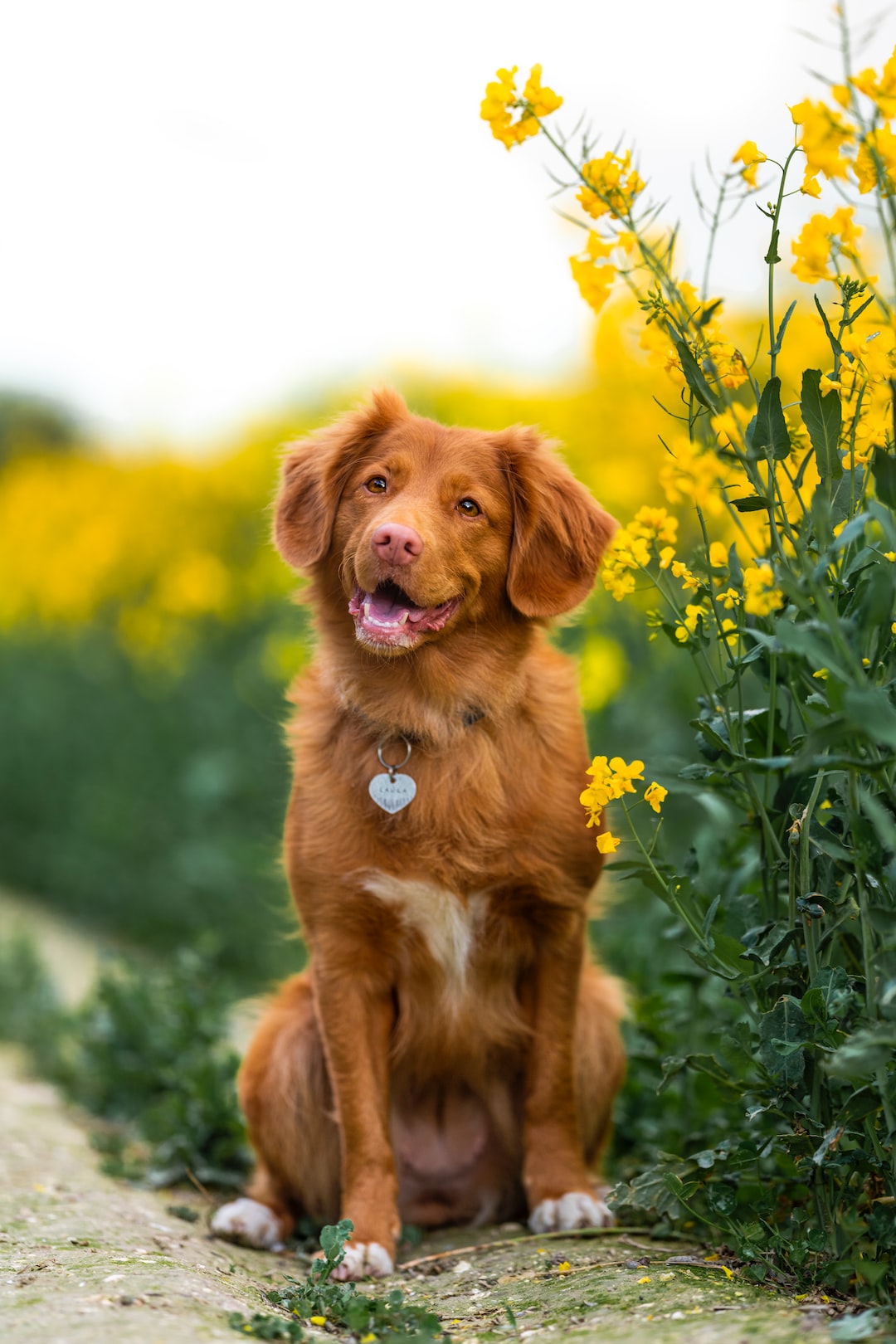Tips for Successfully Housetraining Your Puppy
Bringing a new puppy into your home is an exciting and joyful experience. However, one of the first challenges you will face is housetraining your new furry friend. Without proper training, your adorable little puppy can turn your living room or bedroom into a minefield of unexpected surprises.
Fortunately, housetraining your puppy doesn’t have to be a daunting task. With patience, consistency, and a few helpful tips, you can successfully teach your puppy where and when to do their business. Here are some practical suggestions to ensure a smooth housetraining process:
Establish a Routine: Dogs thrive on routine, and establishing a regular schedule will help your puppy understand when it’s time to go outside. Take your puppy outside at the same times every day—immediately after waking up, after meals, and before bedtime, for example. Consistency is key, as it helps your puppy develop a sense of predictability.
Choose a Designated Toilet Area: It’s important to designate a specific area outside where you want your puppy to do their business. Take your puppy to this spot consistently so they can associate it with bathroom breaks. The scent will also encourage them to do their business in that spot in the future.
Use Positive Reinforcement: Rewarding your puppy for appropriate behavior is crucial during housetraining. Whenever your puppy eliminates outside, praise them enthusiastically and offer a special treat or their favorite toy. Positive reinforcement helps them understand that they are doing the right thing and encourages them to repeat the behavior.
Supervise and Contain: Keeping a close eye on your puppy is essential, especially during the early stages of housetraining. Supervise them whenever they are indoors, as this will prevent accidents and allow you to redirect them if they start exhibiting signs of needing to go. If you cannot watch them closely, use a crate or playpen to contain them temporarily. Dogs instinctively avoid soiling their sleeping area, so a properly sized crate can be an effective housetraining tool.
Recognize the Signs: Learning to recognize the signs that your puppy needs to go can help you prevent accidents. Common signs include sniffing the ground, circling, whining, or suddenly becoming restless. By observing and responding to these signs, you can quickly take your puppy outside to their designated area.
Clean Accidents Properly: Accidents will happen, even with the most well-trained puppy. When they occur, it’s important to clean up properly to eliminate any lingering odors. Use an enzymatic cleaner specifically designed for removing pet stains and odors, as it will break down the urine and fecal matter molecules, preventing your puppy from being attracted to that spot again.
Avoid Punishment: Never punish your puppy for accidents or mistakes during housetraining. Punishment will only confuse them and make the training process more challenging. Instead, stay calm and redirect your puppy’s attention to the appropriate behavior. Accidents are part of the learning process, and patience is key to building a strong bond and a successful housetraining routine.
Seek Professional Help if Needed: If you’re struggling with housetraining despite your best efforts, don’t hesitate to seek professional help. Trainers and behaviorists can provide valuable guidance tailored to your specific situation, ensuring you and your puppy receive the support you need.
Remember, housetraining takes time and effort, but with consistency, patience, and positive reinforcement, your puppy will learn quickly. By establishing a routine, using positive reinforcement, and supervising your puppy effectively, you can successfully housetrain your furry friend and create a stress-free environment for both of you. Enjoy the journey of bonding and teaching your puppy to become a well-behaved member of your family.

